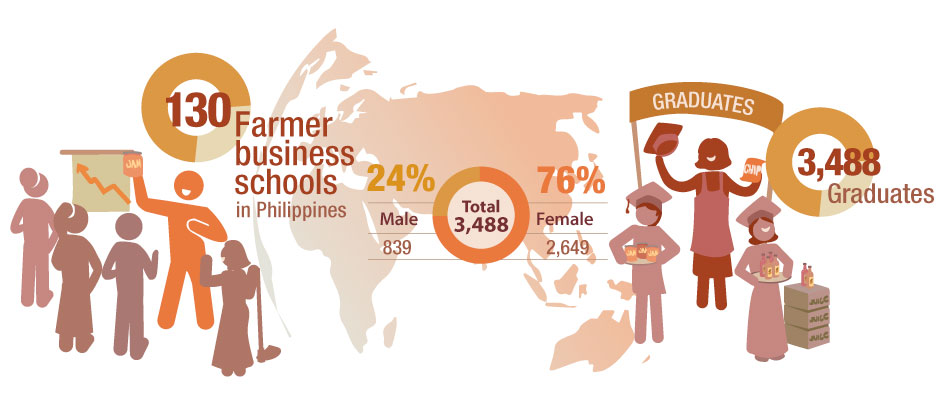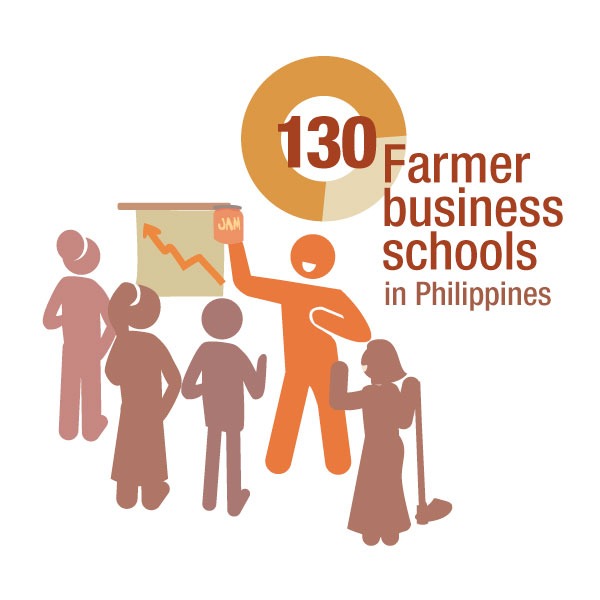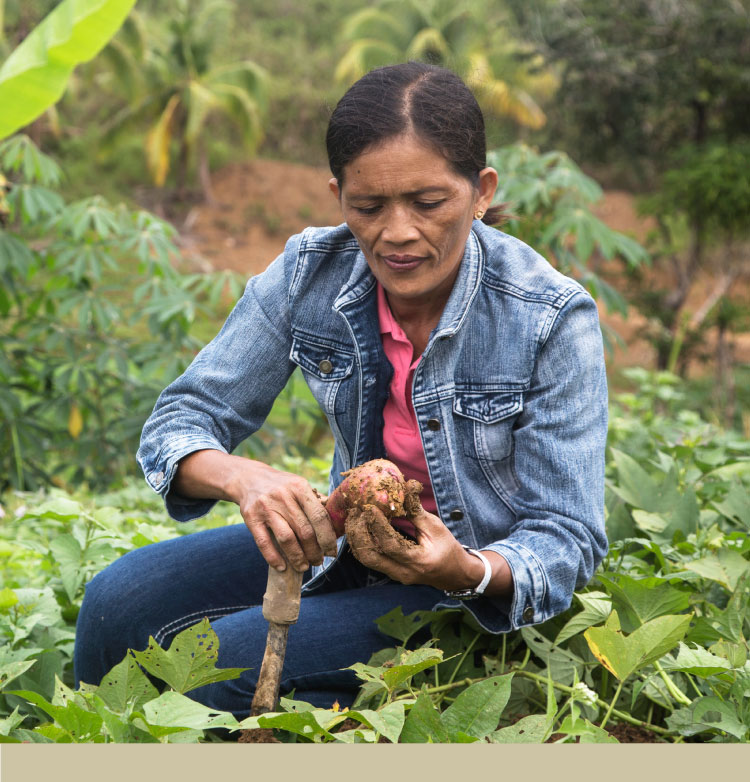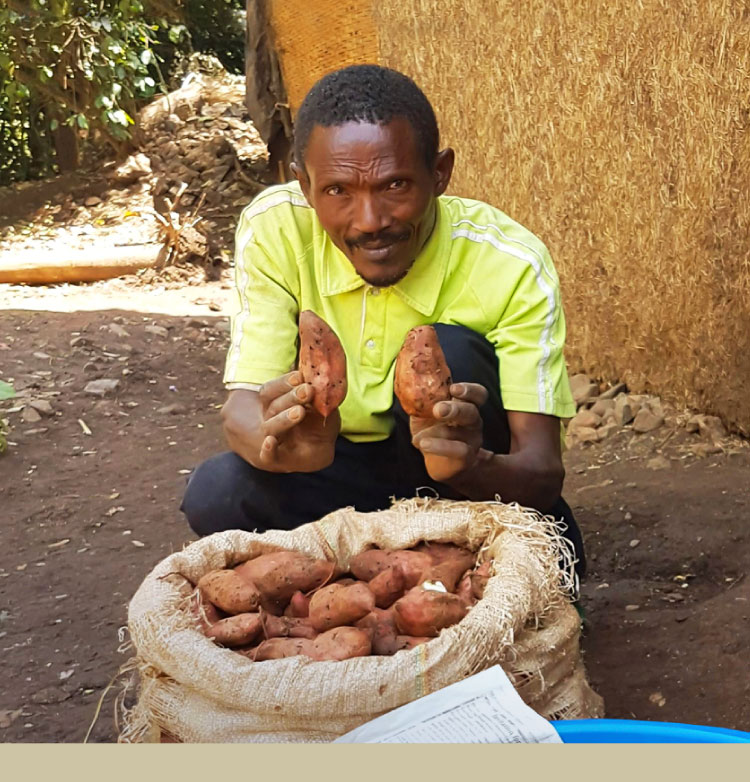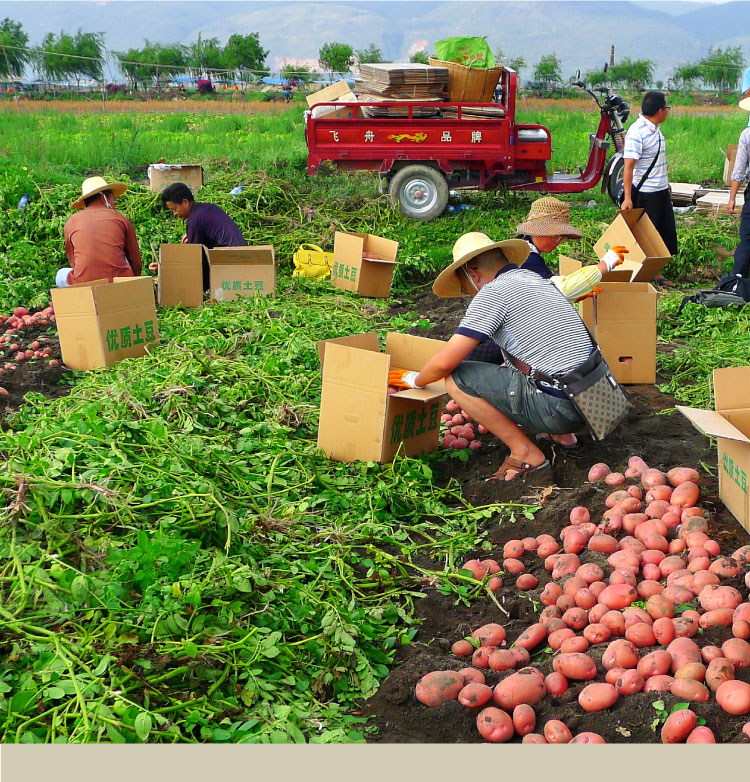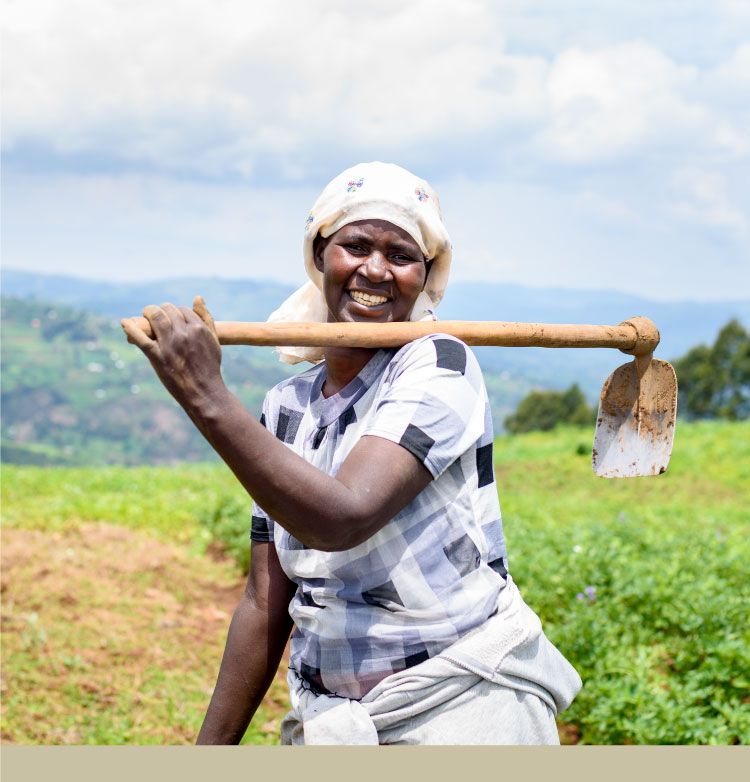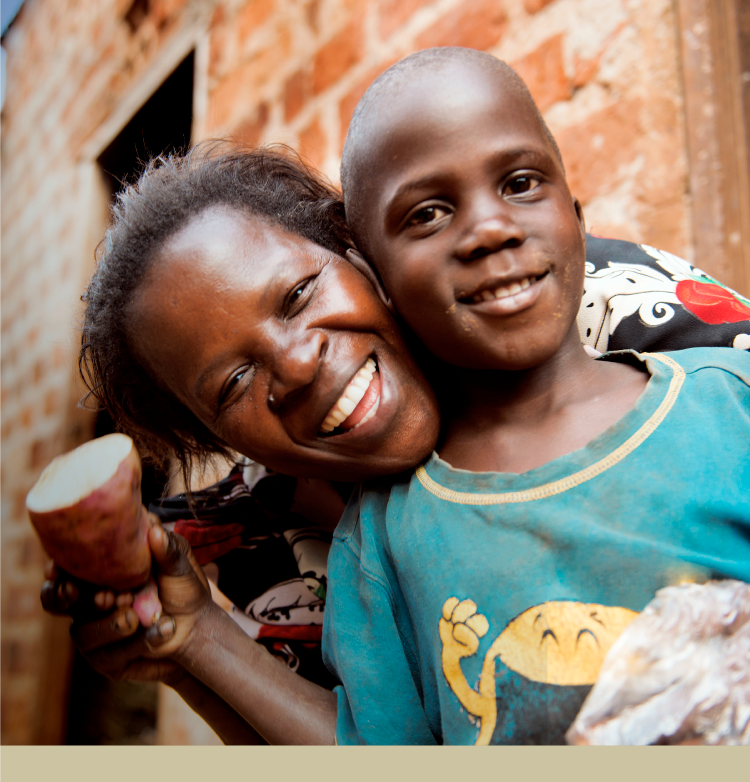Gender equality, youth and social inclusion
In today’s resource-scarce and globally-interconnected world, the challenges of food and nutrition security, poverty reduction, gender equality, climate and environment cannot be addressed separately. For CIP, a more resilient future means focusing on inclusion in all our work: from the crop varieties we breed to the market innovations we develop. Adopting a gender-responsive approach produces better outcomes. Two key partnerships, the CGIAR Research Program on Roots, Tubers and Bananas (RTB) and the CGIAR GENDER Platform, are hugely significant for CIP in sharpening the gender lens of its work.
KEY OUTCOME
- Working closely with communities for a period of 8-10 months, CIP farmer business schools (FBS) undertake market assessments and product development, engaging other value chain actors such as traders, culminating in the launch or strengthening of a small enterprise. After introducing FBS in Java in the early 2010s, CIP and partners took FBS to scale within large IFAD investment projects in other Indonesian provinces, India, the Philippines, and Vietnam. By 2018, in the Philippines alone, 130 community groups had completed FBS courses, with 3,488 graduates (76% women) and an array of new community businesses. Subsequently applied to the breeding of other crops, FBS has been adopted in the CGIAR RTB program as one of their golden eggs (see below).
PROVEN INNOVATIONS
PROMISING INNOVATIONS AND INITIATIVES
The G+ protocol, which includes a gender-responsive customer profiling tool and gender-responsive product profile query tool, supports more accurate and systematic attention to social inclusion in product and client profile development. The G+ customer profile characterizes client groups targeted for new varieties by considering gender differences in assets, knowledge and decision-making. The G+ product profile query tool helps analyze evidence to prioritize traits in a product profile by examining the potential positive gender-related impacts of those traits and any potential negative impacts. The approach is being implemented in different breeding programs within the CGIAR and in partnership with national breeding programs, including sweetpotato in Uganda.
This portal provides researchers with easy access to critical questions and methods for gender-responsive agricultural research for development and resources to advance social inclusion in all five One CGIAR impact areas. This online portal seeks to support the curation and development of research methods planned in the CGIAR GENDER Platform, improving design and implementation across a range of food system issues (e.g., scaling, market chains, pest and disease control, and youth inclusion) for a more gender-responsive AR4D agenda. Some of these resources are being piloted in CIP’s sweetpotato interventions in collaboration with the CGIAR Excellence in Breeding Platform.

